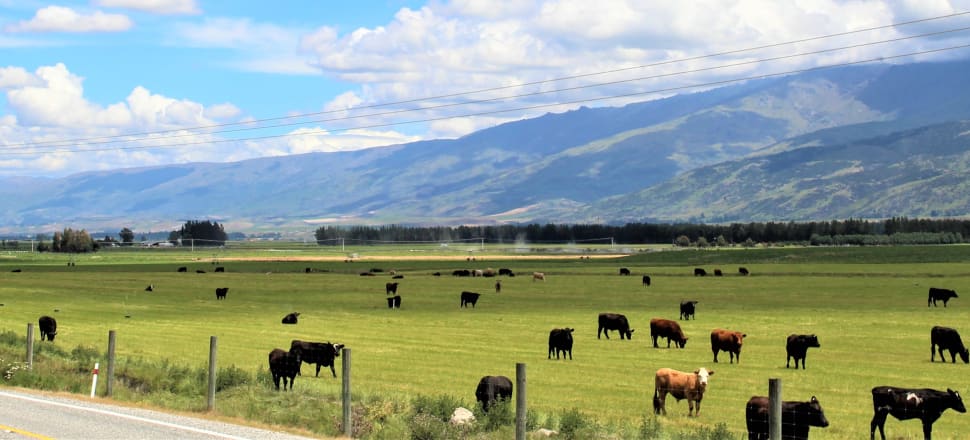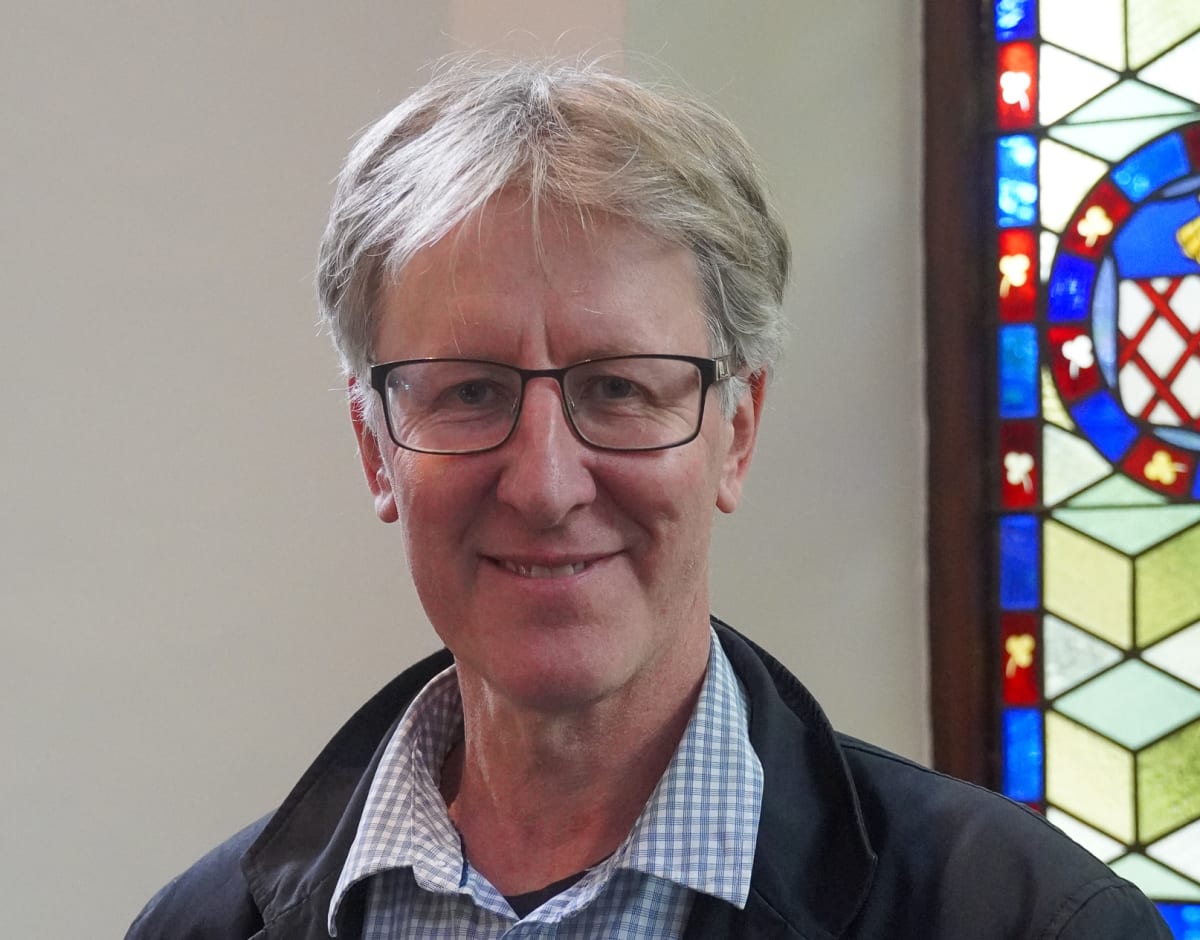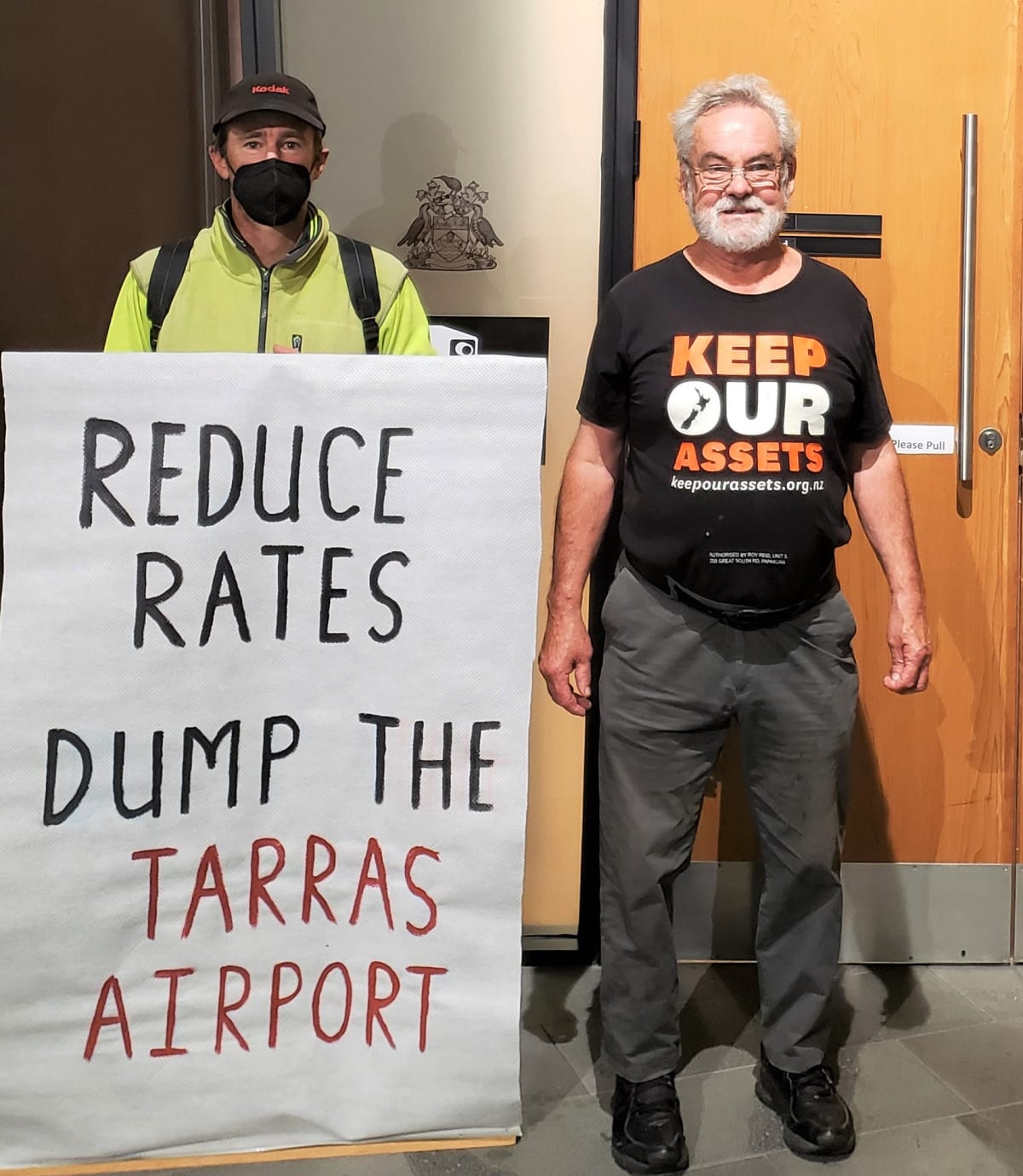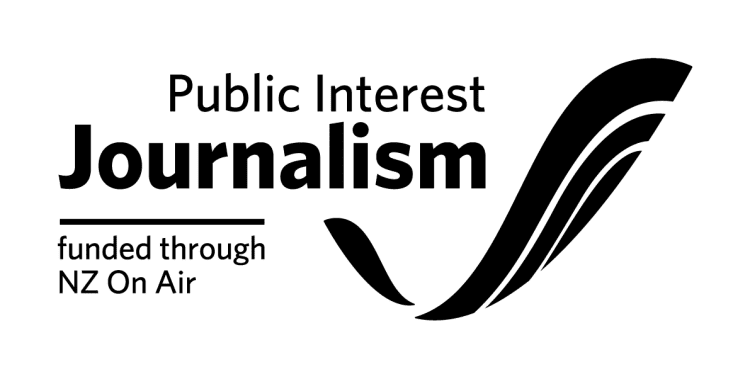
Objections to a proposal to kick cattle off Central Otago farmland to make way for an international airport will be put to Christchurch councillors next week
Three academics will address Christchurch City Council on Wednesday in a bid to stop the building of an international airport in Central Otago.
The presentation by James Higham, Bronwyn Hayward and Ilan Noy, respectively professors of tourism, politics and economics, follows an open letter from a group of researchers with what they consider critical new information to bring to decision-makers’ attention.
“This will be an opportunity to really open a conversation and extend upon that letter,” says University of Otago sustainable tourism specialist James Higham.
“We hope this will be the start of continuing communications.”
Higham believes the case for an airport in Tarras doesn’t stand up to scrutiny.
He is one of 11 academics from an “informed leaders” group who signed the January letter to business leaders and politicians stating that the proposal ran against prevailing research from a range of disciplines.
Higham believes climate change as well as post-Covid social, economic and environmental concerns have increased the need for recent research to be more readily available and accessible so decision-making is “critically informed and strategically aligned”.
“We have to make sure we’re making good decisions when the stakes are really high. For most of my academic career research has been published in academic journals and read almost entirely by other academics and students.
“It is more important than ever that rigorous research is available to those charged with the responsibility of making decisions with significant, widespread and intergenerational consequences.”
Wider discussion
Christchurch International Airport Limited, which is 75 percent council-owned through its Christchurch City Holdings subsidiary and 25 percent by the government, bought 750ha of Central Otago farmland in 2020.
A three-year consenting process is due to start next year for a jet-capable facility on the land with a 2.2km runway.
“Christchurch City Council is one piece in a decision-making process that involves lots of different actors,” Higham says. “Our perspectives are informed by current research here in Aotearoa New Zealand but also internationally and we’re 100 percent independent.
“We think including independent advice on what is being proposed here is important and we’re pleased the council has engaged in this open dialogue.”

Although justification can be found for such “alluring and appealing” development proposals, he says major infrastructure projects carry significant immediate and long-term risks.
He believes the proposal could have “enormous” climate consequences nationally and globally potentially for centuries to come.
The academics’ letter attracted supportive messages and wide media coverage.
“I’ve had lots of emails from members of the public asking how they can add their voice in support, lots of requests for media interviews and emails from other academics wishing to express support.
“I’ve also been approached by people in the street saying good on you for writing that letter.”
The academics and the airport company do not agree on the level of demand for the proposed airport, whether or not it will rely on “mass tourism”, the time frame for when zero or low-emission aircraft will be available, the economic risks involved or the level of impact on the local environment and community.
Higham says when the proposal was first launched it was made “very clear” it was about future demand from international visitors.
“There is no way an airport of this size or scale could be justified based on the regional population.”
Jumping the gun
Michael Singleton, the airport company’s Tarras project manager, claims the “assumptions” made in the letter are jumping the gun on the process.
“Airport infrastructure in Central Otago is reaching its capacity. One way or another a long-term solution must be found to ensure the forecast demands of the region can be met in the most effective way.”
He says regulatory frameworks are the place for decisions to be made regarding new infrastructure.
“No project, including our own, is likely to be given approval if it fails to demonstrate how it will address its impacts and fit into a low-emissions future.”
The company says any call to “put a stay” on the project before its benefits and impacts can be properly assessed is premature.
With the academics’ views being expressed outside legal processes, one local authority told Newsroom all it can do with the letter is “note it”.
If the proposal gets to the consenting stage, Central Otago District Council would deal with resource consents for land use, building consents, noise issues, trade waste and food and liquor licensing.
Mayor Tim Cadogan says if an application is lodged - possibly as a plan change request - there are “incredibly” strict criteria controlling whether it could be accepted for processing. These don’t include climate considerations or if councillors believe it to be a good idea or not.
“Given the authors and their stature it’s [the letter] got to be treated with respect but there is a legal process here and there isn’t a place in that legal process at this point in time where that letter is going to have bearing.
“I’m not going to put impediments in the way of a legal process by voicing an opinion.”
In 2019 the council voted to declare a climate crisis and moved to have staff include considerations regarding sustainability, the environment and climate-change effects on all reports provided to the council and its boards.
Cadogan says, however, that under the Resource Management Act the council doesn’t decide whether to accept or reject applications on such grounds.
All councillors received a copy of the letter but it would not be discussed at a meeting.
“We don’t have the ability to do a great deal with it other than note it.”
The letter was signed by professors from Otago, Canterbury, Lincoln, Victoria, Massey and Auckland universities, including Dame Anne Salmond and Shaun Hendy.
The group have expertise in business, economics, climate science, sustainability, Māori and indigenous studies, tourism, the environment, agriculture and policy studies.
They outlined reasons why they believed the airport proposal should be shelved including the “significant environmental, social, cultural and economic as well as political and reputational consequences” of failing to reduce carbon emissions by building a new airport during a climate emergency.
The letter also raises concerns about negative effects on Central Otago’s environment, flora and fauna, strain on regional infrastructure, impact on local and regional communities, wider economic consequences, intergenerational impacts and the wellbeing of those living locally.
It was sent to the board of Christchurch Airport, Christchurch City Council and central government, as well as Christchurch community boards, the Central Otago council and the Otago Regional Council (ORC).
Council consideration
During consenting, the regional council would be required to rule on water and discharge permits. The authority also has two major policy works under way: a regional policy statement being expedited for adoption sometime this year and a land and water regional plan to be publicly notified late in the year.
Council chair Gretchen Robertson also declined to comment on the issue but says the letter will be “considered” by the council.
“It’s always good to see widespread community participation on important regional matters. However, as a potential consenting authority, it is premature and unwise to offer opinions at this point.
“Correspondence such as this is usually considered by our council, as this will be in due course.”

Christchurch Mayor Phil Mauger has replied to the open-letter signatories after approving five-minute speaking slots for the trio at Wednesday’s council meeting.
Council chief executive Dawn Baxendale says guidelines are in place but the council’s subsidiaries have to operate at arm’s length in their commercial operations to avoid political influence.
“Council sets out the strategic direction it wants CCHL [as a group] to aim towards through its letter of expectation.”
It is aware of the feasibility study into the proposed airport and expects to be fully consulted before any “significant investments or acquisitions”.
Councillors Sara Templeton and Sam MacDonald have been appointed to the board of CCHL. Recommendations for a new chairperson and four new independent directors for the company are expected to be reviewed by the city council next month.
The academic trio are not alone in wanting to make their opposition to the airport known to the council.
Protesters from Extinction Rebellion Ōtautahi Christchurch have appeared in and outside the council’s chambers on numerous occasions opposing the Tarras plan and last month a group of “concerned ratepayers” greeted councillors with a message to “dump” it.
Made with the support of the Public Interest Journalism Fund








